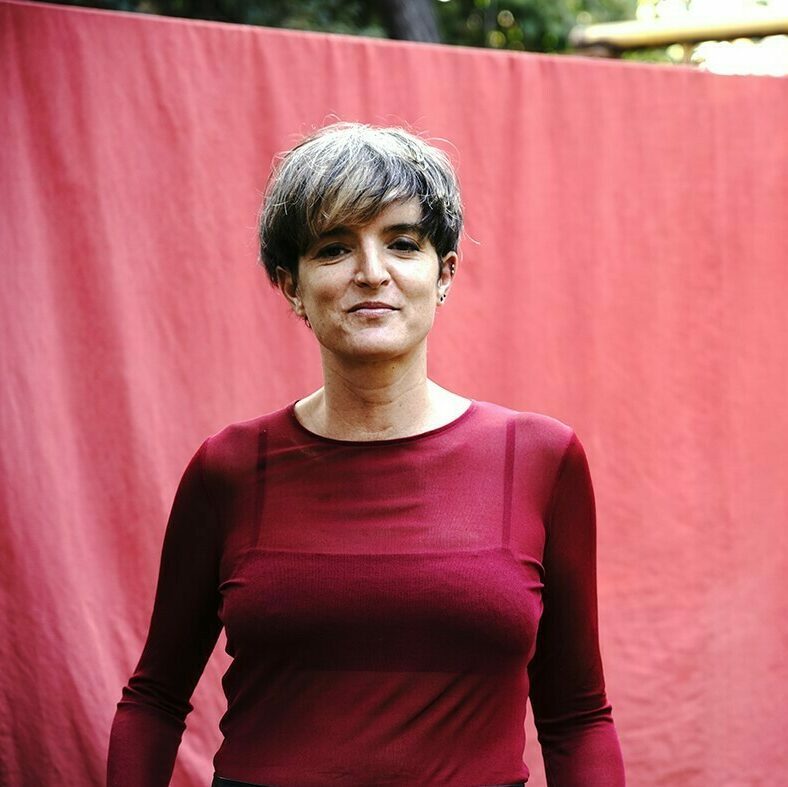Agrarian Reform and the Making of the Chilean Farmland: A Feminist Visual Exploration by Ángeles Donoso Macaya
Thu, Mar 7, 2024
4:00 PM–5:30 PM
This hybrid seminar presentation will take place both in person in Seminar Room 5318 at the CUNY Graduate Center and online via Zoom.

We are excited to invite you to this Advanced Research Collaborative (ARC) seminar presentation “Agrarian Reform and the Making of the Chilean Farmland: A Feminist Visual Exploration” from Faculty Fellow and collaborator of the Center for the Humanities Professor Ángeles Donoso Macaya who revisits the “long decade” of the sixties as it unfolded in Chile.
The focus is on the visual production generated in tandem with agrarian reform under the government of Eduardo Frei Montalva (1964 – 1970), a multifaceted program that included extensive education and literacy programs that sought to transform and improve the living conditions of campesinos. Geopolitically, Ángeles situates her research at the height of the cold war in Latin America. Adopting a feminist interdisciplinary approach that draws from both visual studies and history, and in dialogue with recent contributions that explore the ideological and cultural dimensions of agrarian reform programs in Bolivia and Peru, her presentation seeks to elucidate the patriarchal, nationalist, and settler colonialist underpinnings of the visuality generated by agrarian reform in Chile. Richly illustrated publications communicated, explained, and celebrated what the reform consisted of—its phases and forms of implementation, its potential impact on the land tenure system and on the living conditions of rural workers; images were also profusely used in training manuals, in the adult literacy campaign (devised under the guidance of Brazilian educator Paulo Freire), and in propaganda materials produced by Frei Montalva’s government. Ángeles discusses the ways of seeing enabled by the images used in this program (documentary photographs, illustrations, drawings); analyzes how the forms of valorization, differentiation and hierarchization underpinning agrarian reform are reproduced in the visual material generated by the government; and considers how the meanings are both construed and fossilized in these images.
To attend in person, no registration is necessary, just show up at 4pm in the ARC Seminar Room 5318 at the CUNY Graduate Center, 365 Fifth Ave, NYC. To attend online via Zoom, please register below.
Click here to join this Zoom presentation directly starting at Thu, Mar 7 at 4:00 PM.

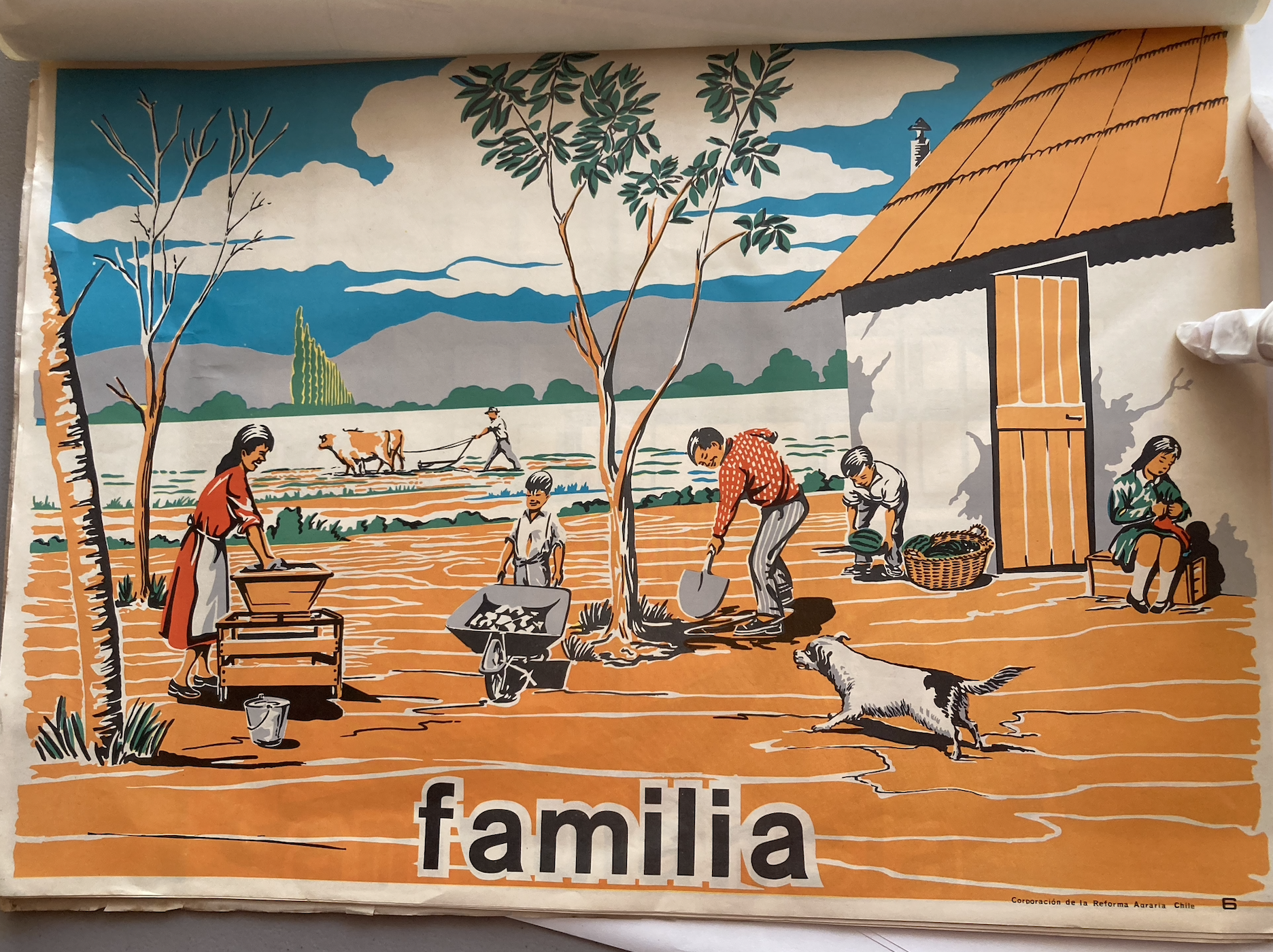
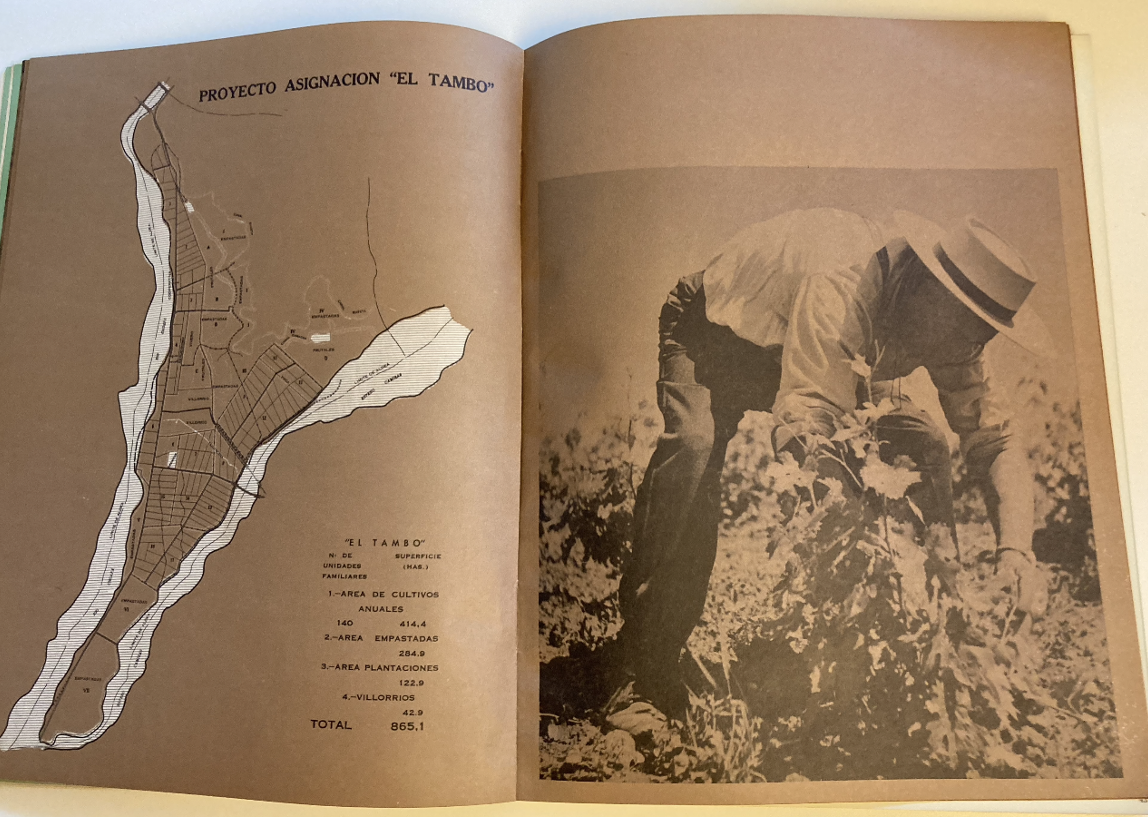
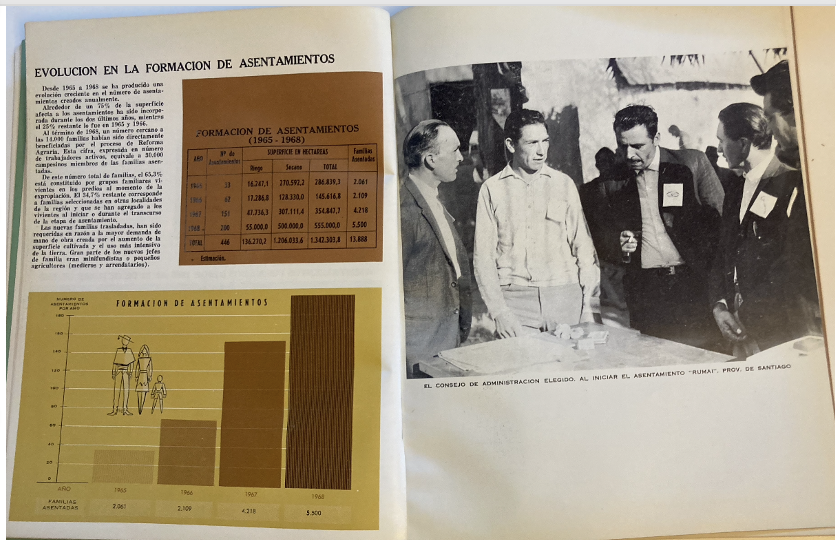
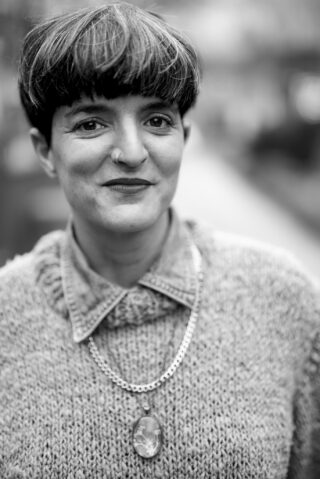
Ángeles Donoso Macaya is a feminist immigrant educator, researcher, writer and activist from Santiago, Chile, based in New York City. She is Professor of Latin American Visual Studies in the Ph.D. Program in Latin American, Iberian, and Latino Cultures at the CUNY Graduate Center, and Professor of Spanish at the Borough of Manhattan Community College, CUNY. Her research centers on Latin American photography theory and history, counter-archival production, human rights activism, documentary film, (trans)feminisms in the Southern Cone, and public humanities scholarship. She is the author of La insubordinación de la fotografía (Metales Pesados 2021) / The Insubordination of Photography: Documentary Practices under Chile’s Dictatorship (University Press of Florida 2020; 2nd edition 2023), which received the Best Book Award in Latin American Visual Culture (LASA 2021), Best Book Award in Recent History and Memory (LASA 2022), and an Honorable Mention Award for the Socolow-Johnson Prize (CLAH 2022); of the autobiographical essay Lanallwe (Tusquets 2023); and co-author, along with photographer Paz Errázuriz, of archivo imperfecto/imperfect archive (Metales Pesados 2023). Her most recent articles have appeared in The Routledge Companion to Photography, Representation and Social Justice (2023), Journal of Latin American Cultural Studies/Travesía (2023), Oxford Research Encyclopedia of Latin American History (2021),Cold War Camera (Duke UP 2023) and Photography and its Publics (Bloomsbury Press 2020), among others. Between 2020-2023, she was Faculty Lead of Archives in Common: Migrant Practices/ Knowledges/Memory, part of the Mellon Seminar on Public Engagement and Collaborative Research at the Center for the Humanities at the Graduate Center, CUNY. Ángeles was a 2021-2022 Mellon/ACLS Community College Faculty Fellow and a 2023 Center for the Humanities Faculty Fellow at the CUNY Graduate Center. She is also member of the activist research collective somoslacélula, which creates video-essays that respond to pressing matters.
